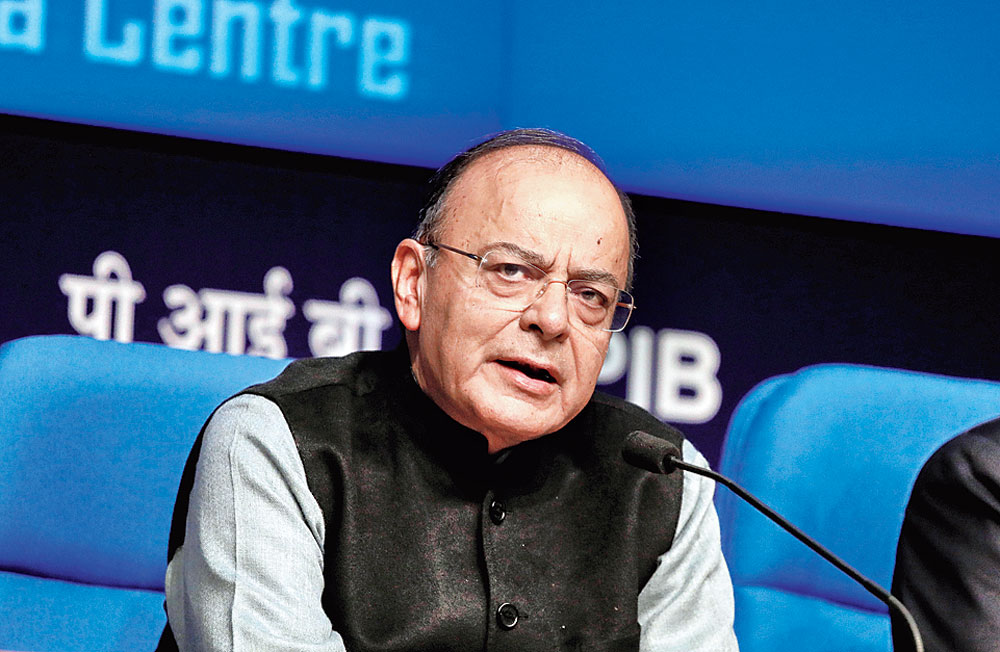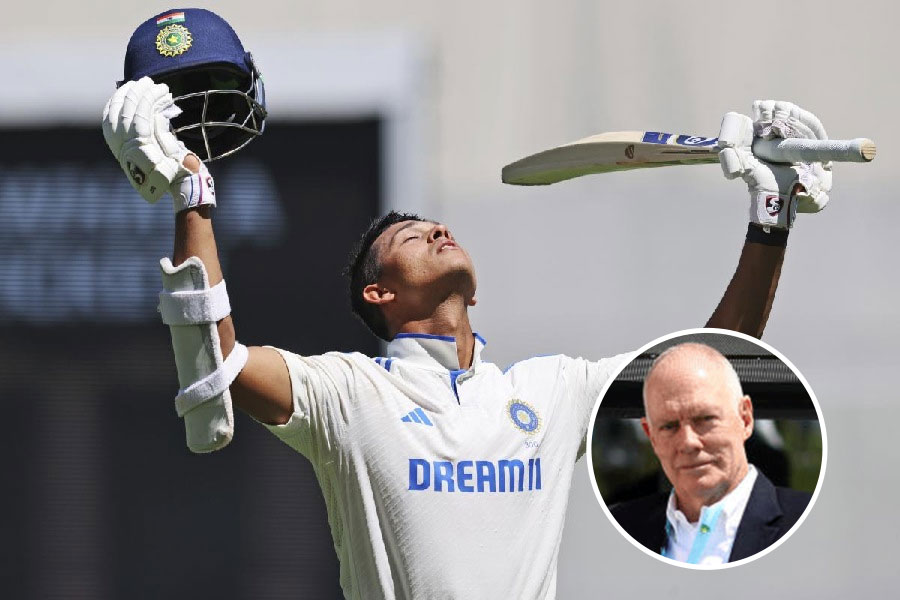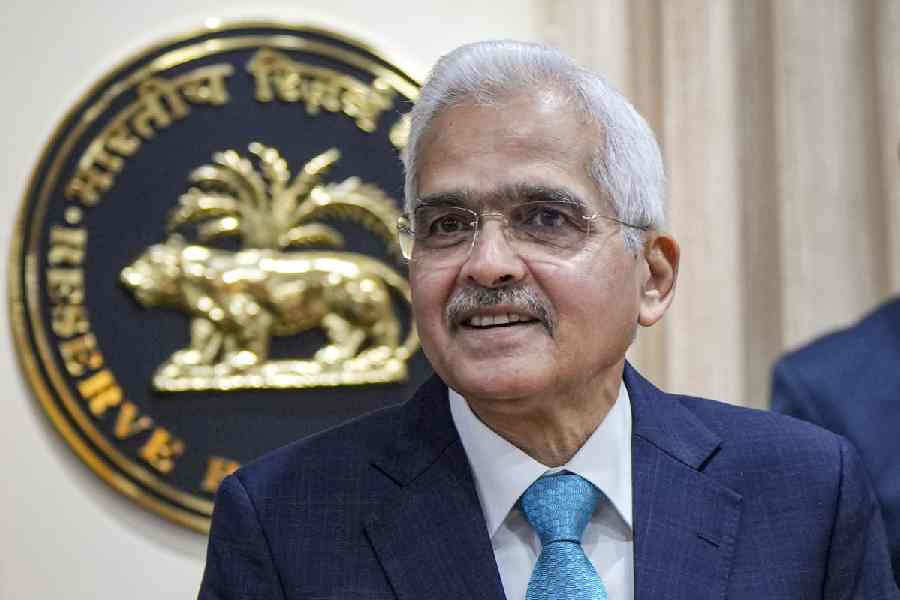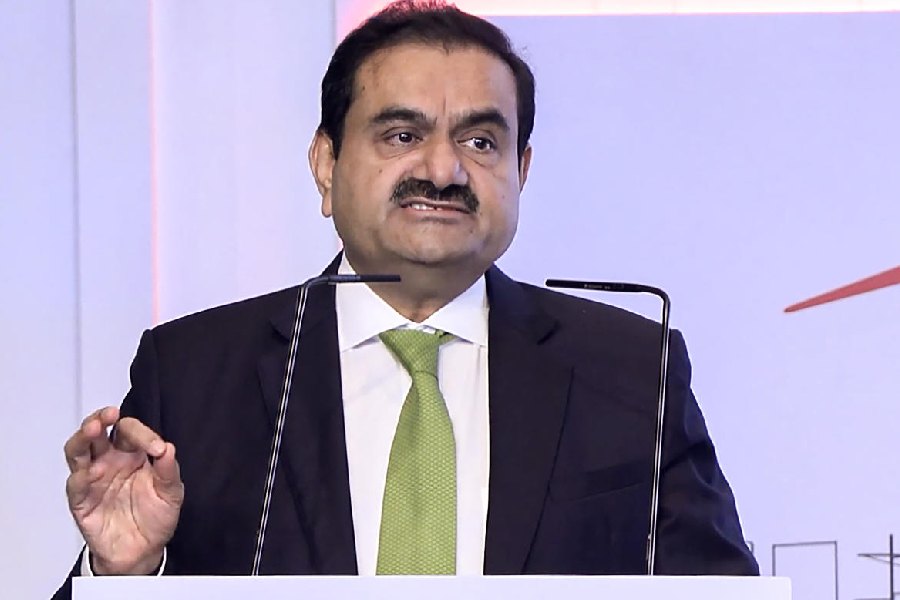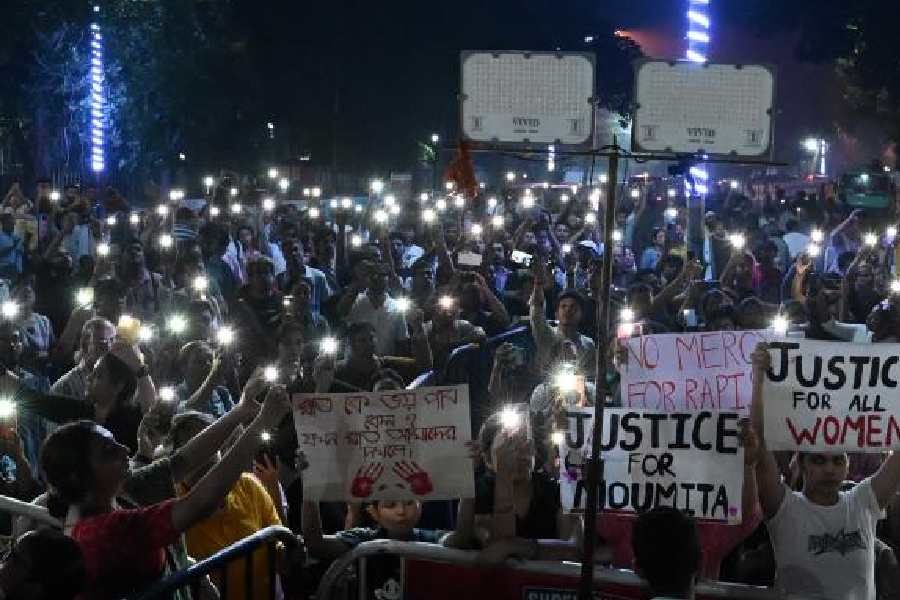Arun Jaitley on Wednesday dropped out of the race for a key ministerial berth in the second edition of the Narendra Modi government because of health-related problems.
Jaitley, who was finance minister in the Modi government since 2014, said in a letter to the Prime Minister-elect that he had “some serious health challenges” and would “like to keep away from any responsibility” for some time.
Jaitley, who has been very close to Modi, said the hiatus would let him “concentrate on my treatment and health”.
The finance minister’s letter capped days of speculation whether he would return to the pre-eminent position he had occupied in the Modi government over the past five years, during which he drove consensus on the hugely divisive goods and services tax and persuaded the government to stick to a very rigid and narrow path on fiscal consolidation.
The 66-year-old lawyer-politician has been one of the most ardent defenders of the Modi government and had earlier been the leader of the Opposition in the Rajya Sabha from 2009 to 2014.
A diabetic, Jaitley’s health issues worsened after he had a kidney transplant in May last year. He underwent surgery on January 22 for a reported soft tissue cancer in his left leg, an illness that prevented him from presenting the Modi government’s sixth and final budget of its first term.
Last week, Jaitley was admitted to the All India Institute of Medical Sciences to undergo tests and treatment for an undisclosed illness. He was discharged on Thursday — the day the election results were announced.
Jaitley did not attend the victory celebrations at the BJP headquarters that evening, fanning speculation that his deteriorating health would become an issue while deciding the formation of the new ministry.
It wasn’t immediately clear who Modi would name as his new finance minister. Speculation has been swirling that Amit Shah could be picked for the post.
Jaitley’s successor will have to wrestle with the problem of kick-starting a faltering economy. Many pundits believe that the Central Statistics Office (CSO) will announce a slower growth of 6-6.2 per cent in the fourth quarter (January-March) when it comes out with its provisional estimates of national income of Friday, putting pressure on the new government to boost spending in the forthcoming budget.
Although economic issues did not influence the recent election, the government will have to find solutions to a worrying agrarian crisis that has been precipitated by falling crop yields and weak rural incomes, which have severely affected consumption in the economy.
The growth of industrial output slowed to a 20-month low of 0.1 per cent in February, mainly because of a contraction in the manufacturing sector. A delayed monsoon this year could also cast a cloud on a possible economic recovery.
The new Modi government will also have to quell criticism about the previous edition’s failure to create adequate jobs, crank up private investment and restore investor faith in the Indian economy by pushing land and labour reforms.

